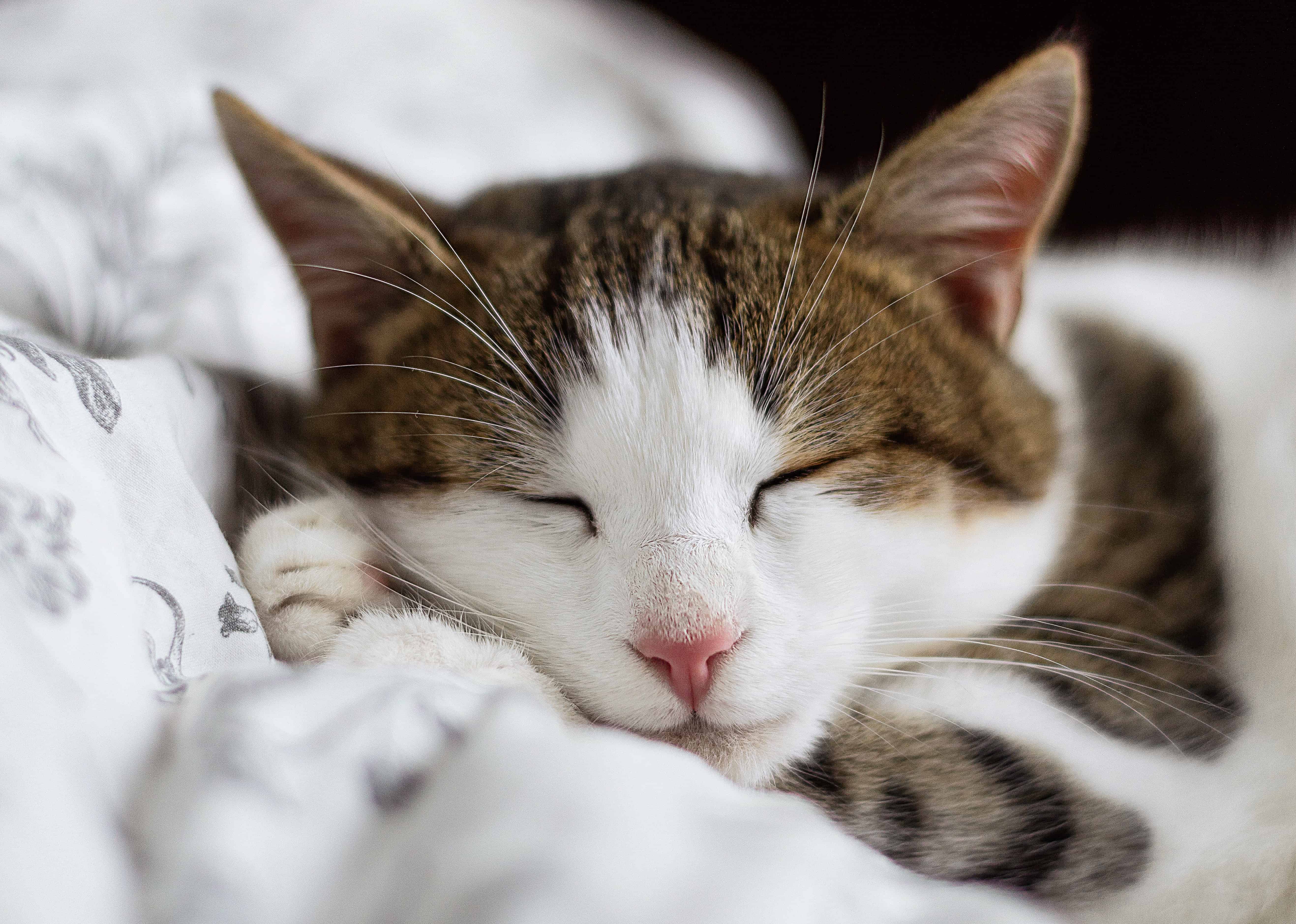With the late spring season well upon us, the beginning of kitten season is in full swing and the tempting thought of adopting a sweet new kitty (or two!) is a common trend for pet owners. With their soft fur, sweet purrs, and quirky behaviors, cats can make great pets, but can also be VERY different from dogs. Here are 4 tips for new cat owners on what to expect and how to set your kitty up for success.
Introduce your new kitty to their new environment
The feline species is less open to change than their canine counterparts. It is important to give your cat time to adjust to their environment. Ensure they have a low traffic area for their food and water bowls that is separate from their litterbox. The ideal number of litterboxes per household is the number of cats plus one. If your house has multiple levels, consider adding a litterbox for each level. Low traffic areas that are easily accessible and free of noise are ideal.
If you have other pets, isolate your new pet to a room in the house and allow them to acclimate for a few days prior to introduction. Place an object with your household pets scent within the room or outside the door to allow them to be acclimated. Gradually allow supervised, brief introductions initially over several days, ensuring all pets have their own safe space and food/water sources. Once things appear to be going smoothly, you can prolong the supervised greetings and eventually encourage free roaming of the house. We recommend ensuring your pets are up to date on preventative care and having your new pet seen by a veterinarian prior to introduction to decrease risk of disease transmission.
Cat proof your house
Kittens and cats love to explore and find places to hide, objects to chew and play with, and are naturally curious. It is important to ensure your environment is free of hazards that could cause trouble for your new kitty. Ensure all household plants are nontoxic or safely out of reach of your pet. Electrical cords, strings, rubber bands, and wire can be choking or ingestion hazards, so it is important to secure these. If you have small children in your house, ensure direct supervision to prevent any accidents or injuries for kitty or children.
Know your cat’s normal behaviors
Having a cat can be an adjustment for pet owners. While cats are considered low maintenance, they are actually social creatures and thrive with stimulation. It is important to ensure your pet’s basic needs are met. A balanced diet, free access to water, a clean litterbox, an outlet for scratching (ideally with horizontal and vertical surfaces!), and adequate mental stimulation (toys, interactive feeders, brushing) are important to keep your cat happy and healthy. Cats are notorious for hiding pain or signs of illness (in the wild, these are seen as signs of weakness), so it is crucial to establish a relationship with your veterinarian and take your cat for routine annual preventative care. Behaviors like stalking, scavenging for food or treats, scratching, vocalization and exploration are all normal for your cat. It is important to promote these behaviors and allow your cat to have an outlet to prevent behavioral issues in the future.
Minimize stress
Cats do not like change or new factors in their environment. Once a cat establishes their routine, new factors like travel, moving furniture, changing litter type, or adding other animals or humans in the house can be sources of stress. Even new scents or changes outside can be unsettling for some cats. Signs like hiding, a hunched posture, running away from owners, hissing or aggression are signs the pet is not comfortable in their environment. More severe signs of discomfort are decreased appetite, change in daily routine, inappropriate urination, or even aggression. If you are concerned that your pet is stressed or notice any of these signs, please contact your veterinarian immediately.
Summary
Cats make great household pets and cat ownership can be very rewarding. By taking steps to understand normal cat behavior, pet owners can help to ensure a safe, enriched environment for their cat. By fulfilling their needs and “speaking their language,” pet owners can decrease risk of potential behavior issues or physical illness throughout life and promote a healthy human animal bond. If you have any questions about your cat or would like to schedule an appointment with one of our veterinarians, please contact us at 704-847-8466 or wah@wahcares.com.

